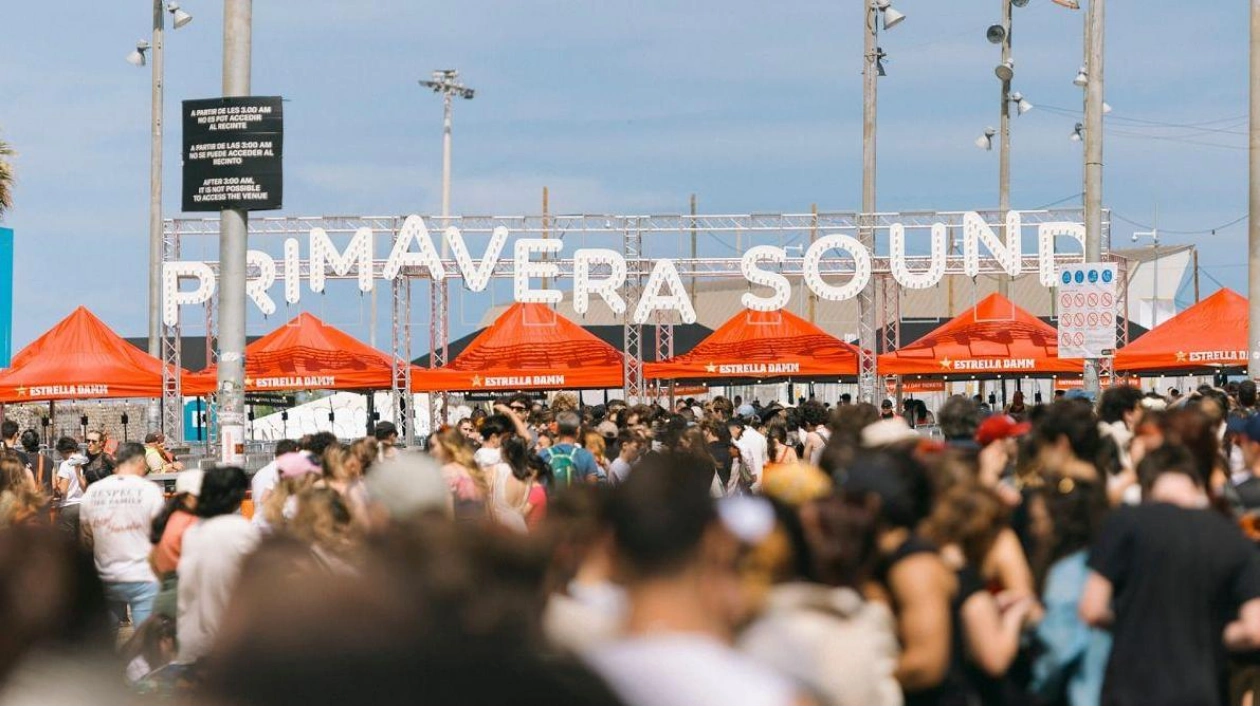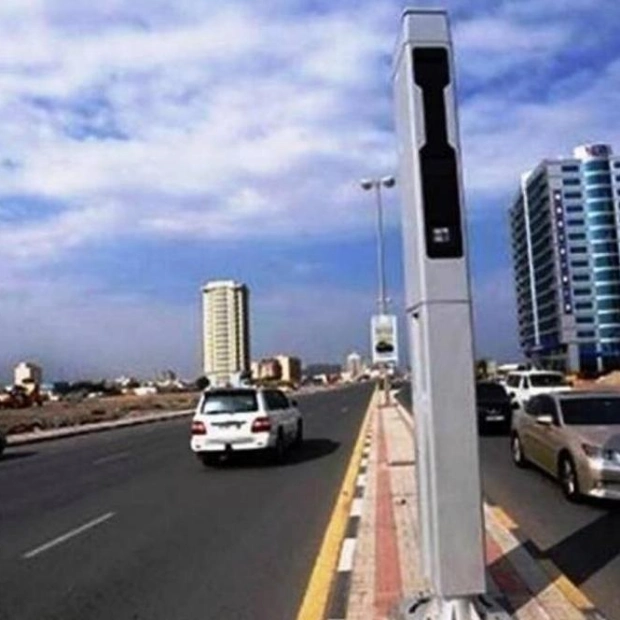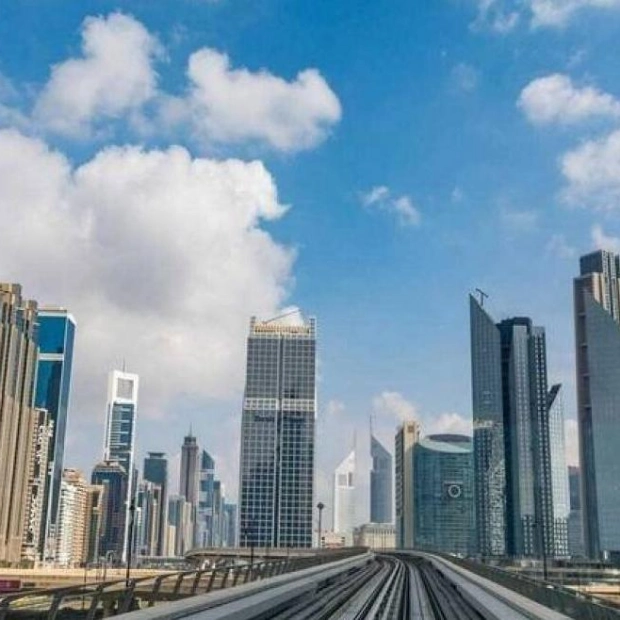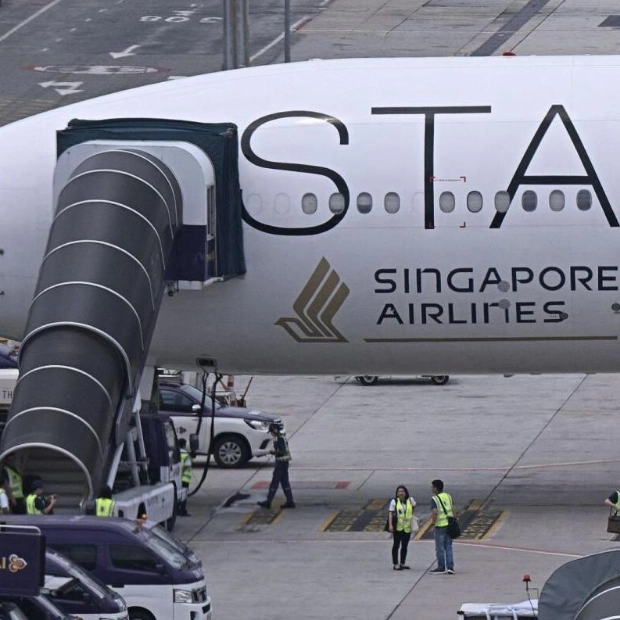Primavera Sound has achieved an unprecedented milestone by selling out its weekend tickets for the 2025 Barcelona event just weeks after they were made available to the general public. This is a significant departure from the festival's usual pattern of not selling out. Similarly, tickets for next year's Glastonbury Festival in the UK sold out in less than an hour, partly due to a new ticketing system. Glastonbury, known for its massive popularity and oversubscription, is one of the largest and most sought-after festivals globally. However, these two festivals are not alone in their rapid sell-outs; tickets for the smaller Green Man Festival in Wales were also snapped up within an hour of going on sale in September. At the time of writing, Kendal Calling, another smaller festival, is on the verge of selling out as well. British festivals have long been known for their sell-out status, and as summer approaches, many more are expected to follow suit. For Primavera Sound, one of Spain's most popular music events, selling out is an unusual occurrence. Individual day tickets are still available, but the last time Primavera Sound sold out its weekend tickets so early was in 2022, which was considered an exception due to the pandemic. Before that, it was 2016. Large festivals in Europe seem to be more popular than ever. What is most perplexing about this surge in popularity is that it comes at a time when these festivals are also more expensive than ever. Glastonbury tickets sold for £378.50 (€455), while Primavera Sound's full festival ticket costed €350. Even Green Man, with a capacity of 25,000 attendees, charged £290.13 (€348.51) with fees. These are exorbitant prices considering the UK-based festivals involve spending a long weekend on a camping bed with little sleep. So, what is driving this rise in popularity? There seem to be several reasons. Firstly, these festivals are exceptional events that offer music fans stacked line-ups and a plethora of other attractions. Glastonbury, for instance, boasts an unparalleled scale and a wide spectrum of cultural acts, while Primavera focuses on music with Barcelona as its stunning backdrop. In recent years, both festivals have shifted their line-ups to include more pop artists. Glastonbury, which has always aimed for broad appeal, has seen a notable shift towards pop stars, with Dua Lipa headlining the 2024 edition. Primavera, traditionally a rock music festival, has also embraced this trend by announcing headliners like Charli XCX, Chappell Roan, and Sabrina Carpenter ahead of the general sale. This shift in headliners is a logical move as indie rock is not as prominent in 2024 as it was a decade or two ago. People's musical tastes have broadened, and the rigid subcultural style of music appreciation has faded. For diehard indie fans, Primavera's line-up still features top talent including Fontaines DC, Haim, and Idles. More significantly, these changes might have altered festival ticket purchasing habits. Pop acts like Sabrina Carpenter attract dedicated fan bases willing to pay large sums to see them. Tickets to see Carpenter on her upcoming tour reportedly cost at least £220 (€264), putting them in the same price range as Taylor Swift tickets. Given this context, Primavera's price tag of just €86 more than a Carpenter ticket seems like a bargain. Concerts in general have become much more expensive, with pop stars delivering highly choreographed, pyrotechnic-laden shows. For many festival-goers, this is the most affordable way to see multiple favorite artists in one year. The final reason for the increased sales of big festivals is a change in behavior around attending live events. More and more, music fans are saving up for a smaller selection of highly priced individual concerts and festivals rather than regularly attending live music at smaller venues. Last year, we reported on the dire state of the live music scene in the UK, with 125 venues shutting down in the prior 12 months. These venues represented 15.7% of the sector and were primarily grassroots spots where smaller artists make their names. Additionally, cheaper smaller festivals have struggled in recent years. Pre-pandemic, there were 630 music festivals held across the UK every year, a number that has decreased by 192, with 60 festivals being cancelled or postponed this summer. Efforts are being made to address this issue. Last week, the UK government announced it would introduce a voluntary levy on tickets for concerts at stadiums and arenas to help fund smaller venues that have struggled in recent years due to the pandemic and rising inflation. However, the main problem lies in behavior. If festivals continue to move towards big-name pop star headliners to justify their astronomical ticket prices, it could further diminish interest in discovering smaller acts at local venues. So, if you're one of the lucky ones with a ticket to Primavera or Glastonbury this year, take the opportunity to explore something new. Make that big ticket price worth it.
Source link: https://www.euronews.com






